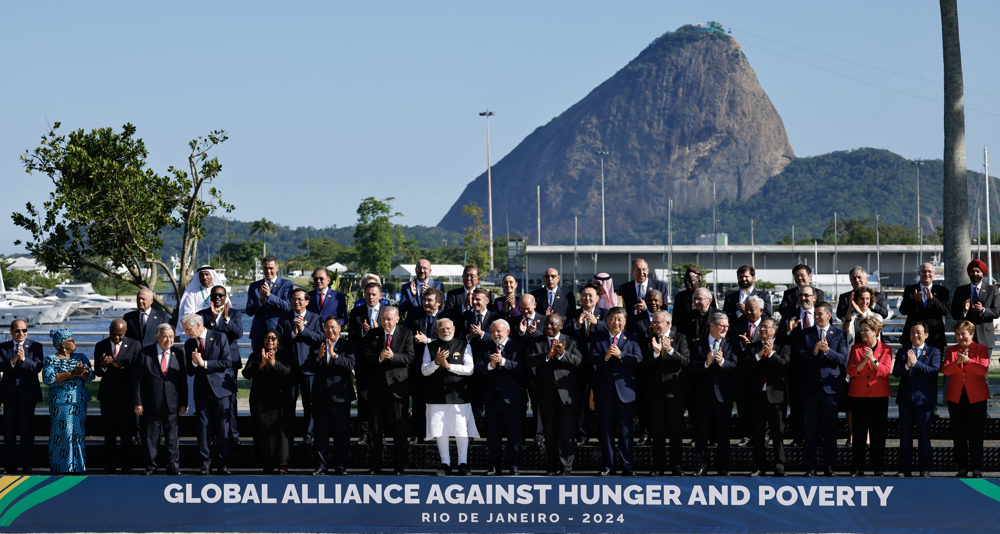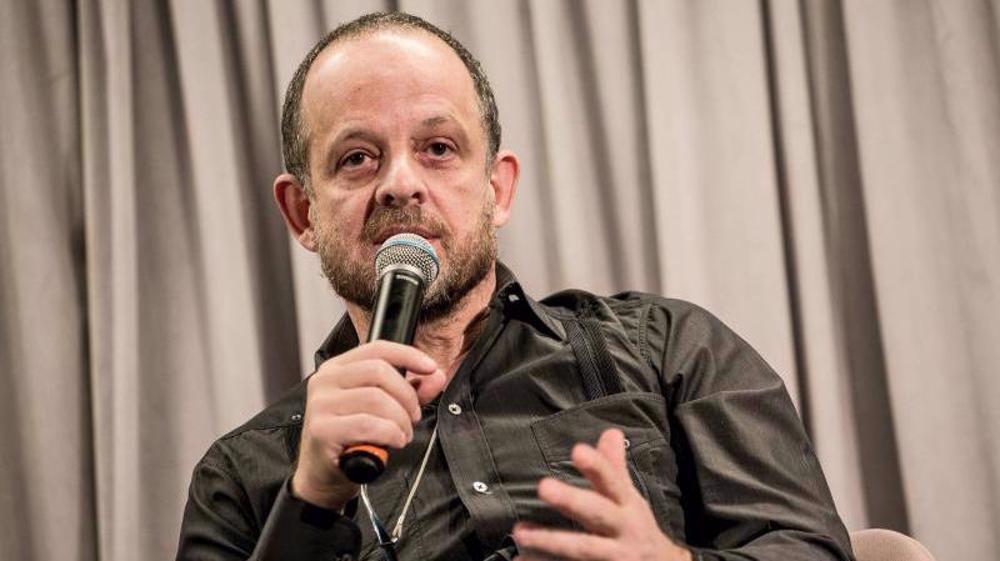Brazil president dismisses resignation demands
Brazilian President Dilma Rousseff has fiercely dismissed calls for her resignation amid a major fraud scandal, saying there is no reason for her to resign.
“Resigning is a voluntary act. Those who want my resignation are recognizing that there’s no real basis to request my exit from this position,” said Rousseff during a Friday news conference in the capital Brasilia.
The Brazilian president’s opponents have been calling for her resignation amid a fraud scandal at state oil company Petrobras.
She is also facing an opposition-sponsored impeachment drive, a persisting recession, and an investigation into alleged electoral violations.
“No one has the right to ask for the resignation of a legitimately elected president without showing proof that I violated the constitution to warrant my impeachment,” Rousseff said.
New allegations also implicate her predecessor, Luiz Inacio Lula da Silva, in a fraud scandal.
The widely popular former president was charged Wednesday with money laundering over his alleged ownership of a luxury condo in connection with the Petrobras scandal.
Local prosecutors in Sao Paulo called for Lula to be placed under “preventive custody” after charging him with failing to declare ownership of a sea-front penthouse in the resort of Guaruja. Lula has denied the allegations.

Rousseff, however, defended the former president, describing the demand for his detention as “an unjust act that defies common sense.”
“I would take great pride in having President Lula in my government because he is a person with experience and great political capability,” she said.
She did not clarify, however, whether she was seriously considering giving Lula a cabinet post. Local media have been speculating about such a prospect. Other press reports, however, said that Lula had rejected a cabinet position.
The move would protect Lula against potential criminal charges in an ordinary court. Under Brazilian law, cabinet ministers can only be tried before the country’s Supreme Court.
A former steelworker and labor leader, Lula led the largest Latin American country through an economic boom from 2003 to 2011, rolling out government plans that helped lift millions of Brazilians out of poverty.
Lula’s supporters say that the recent allegations against him are meant to tarnish his reputation, amid speculations that he may again run for office in 2018.
Kurdish-led SDF beats back Turkish militants in Syria, says will ‘thwart’ Ankara’s ambitions
Christ still under the rubble in Gaza, Palestinian pastor says in Christmas message
Israeli occupation forces expand aggression in SW Syria, seize local weapons
Dec. 24: ‘Axis of Resistance’ operations against Israeli occupation
VIDEO | MEK trial in Tehran reveals heinous terrorist crimes
VIDEO | No Christmas in Gaza again
Iran condemns Israel’s brazen admission of Haniyeh murder
VIDEO | Conference in Islamabad explores Pakistan-Iran ties














 This makes it easy to access the Press TV website
This makes it easy to access the Press TV website